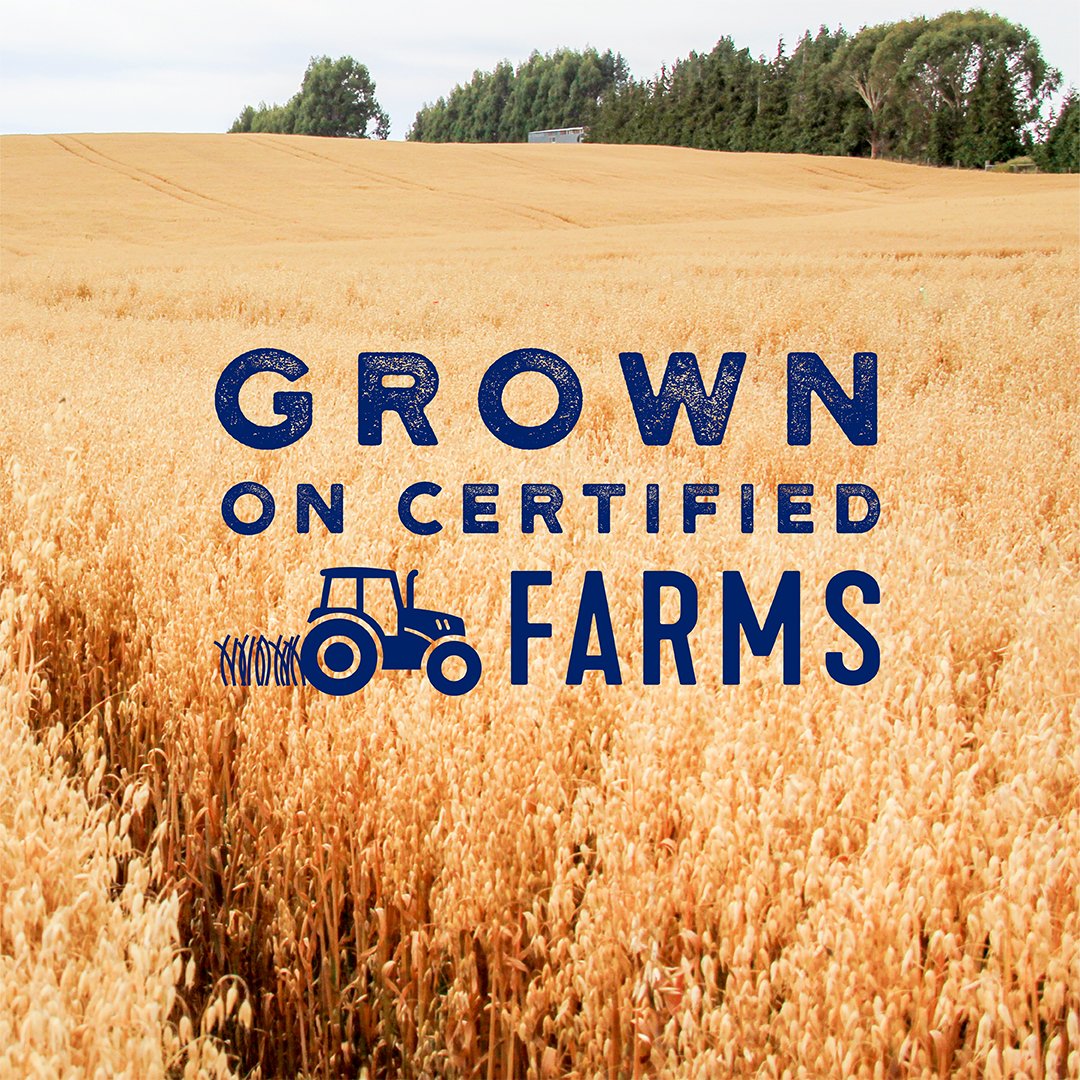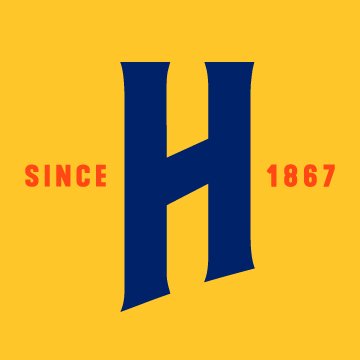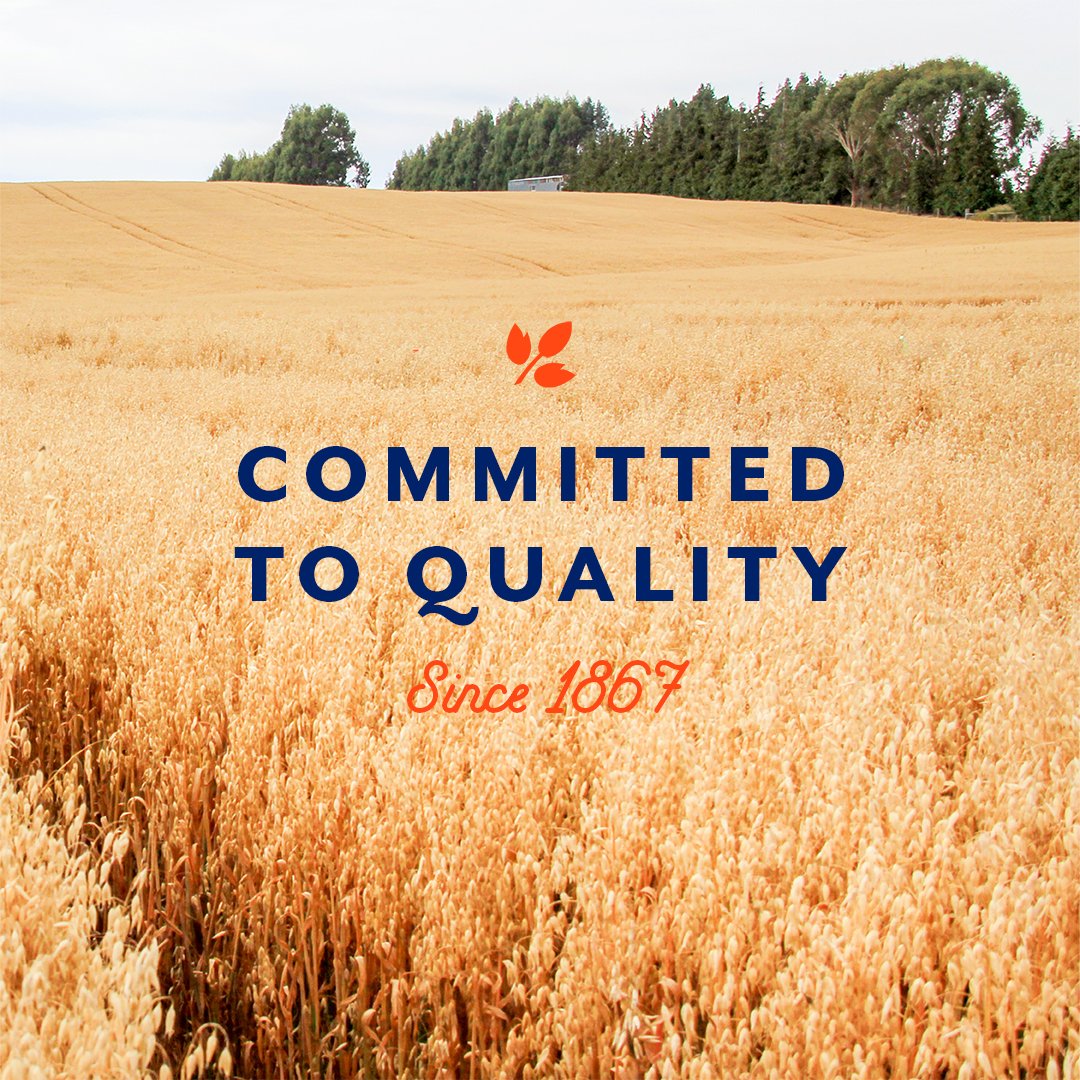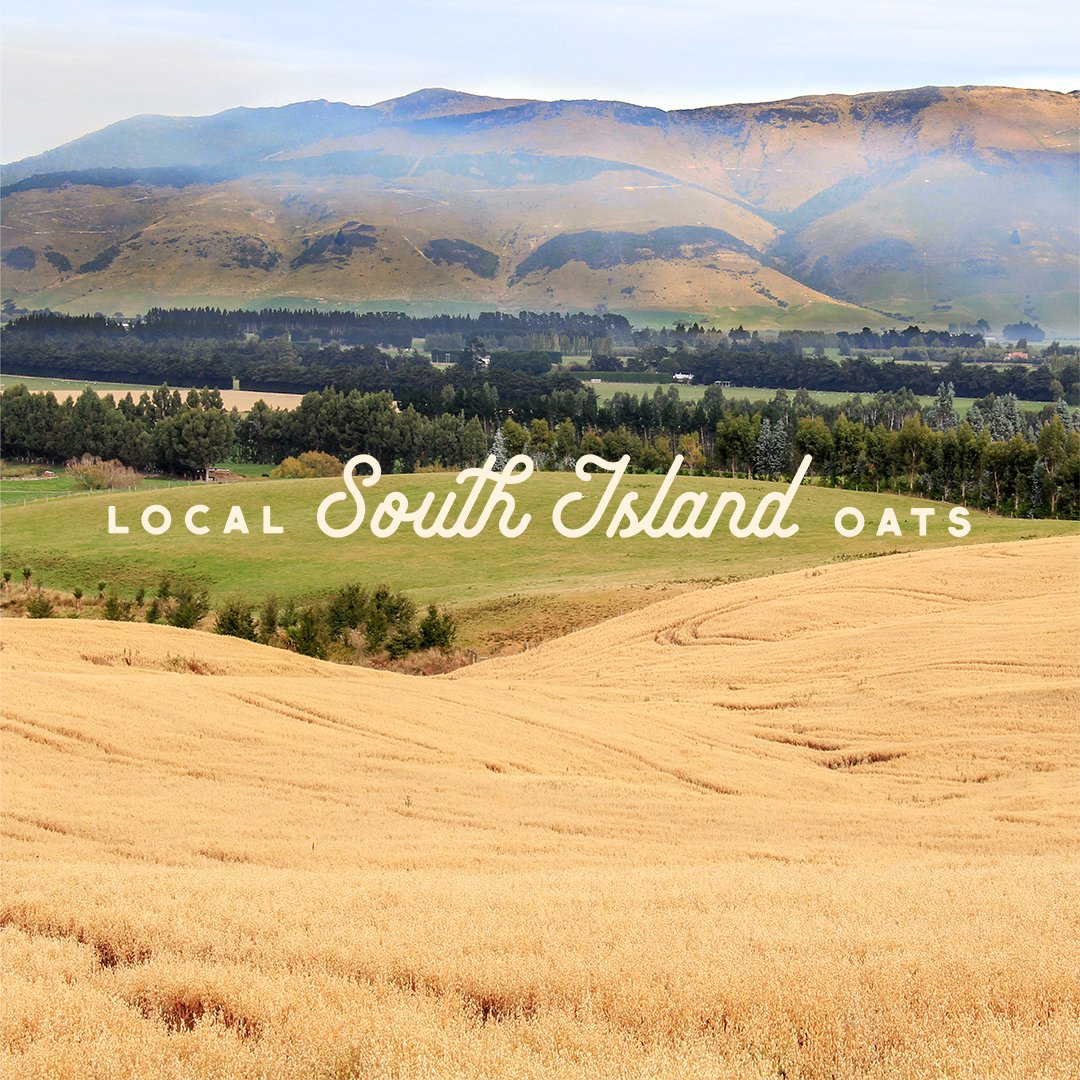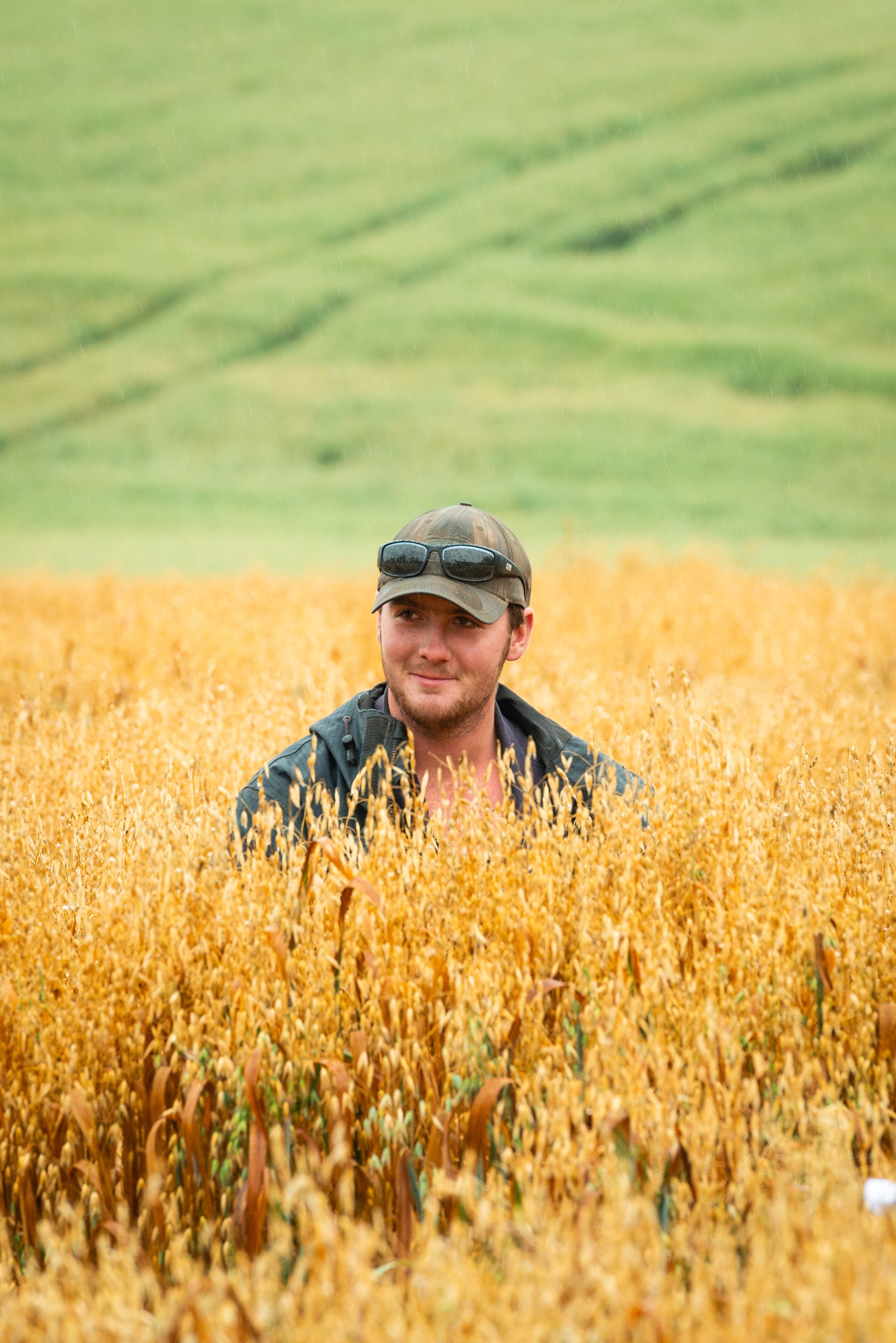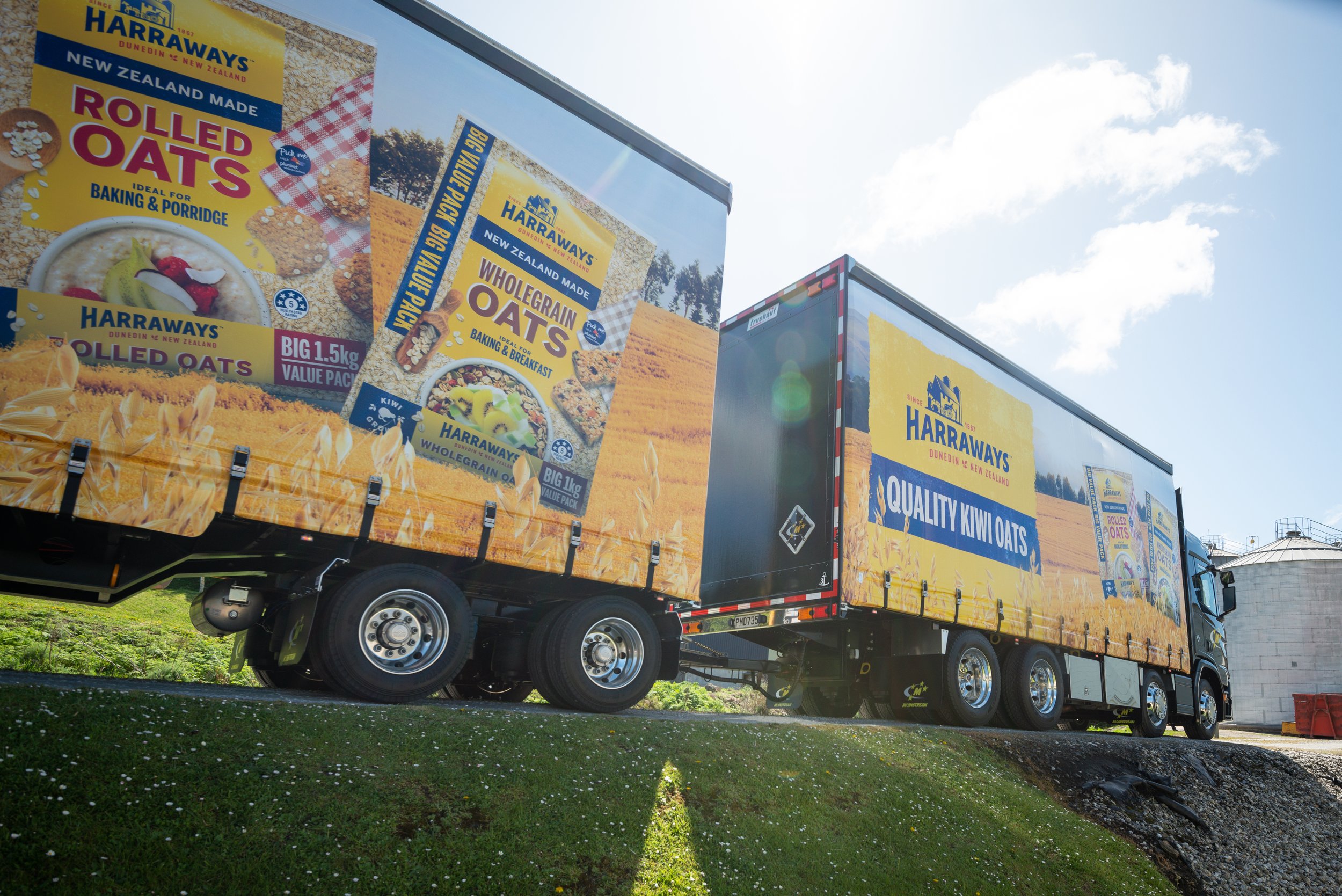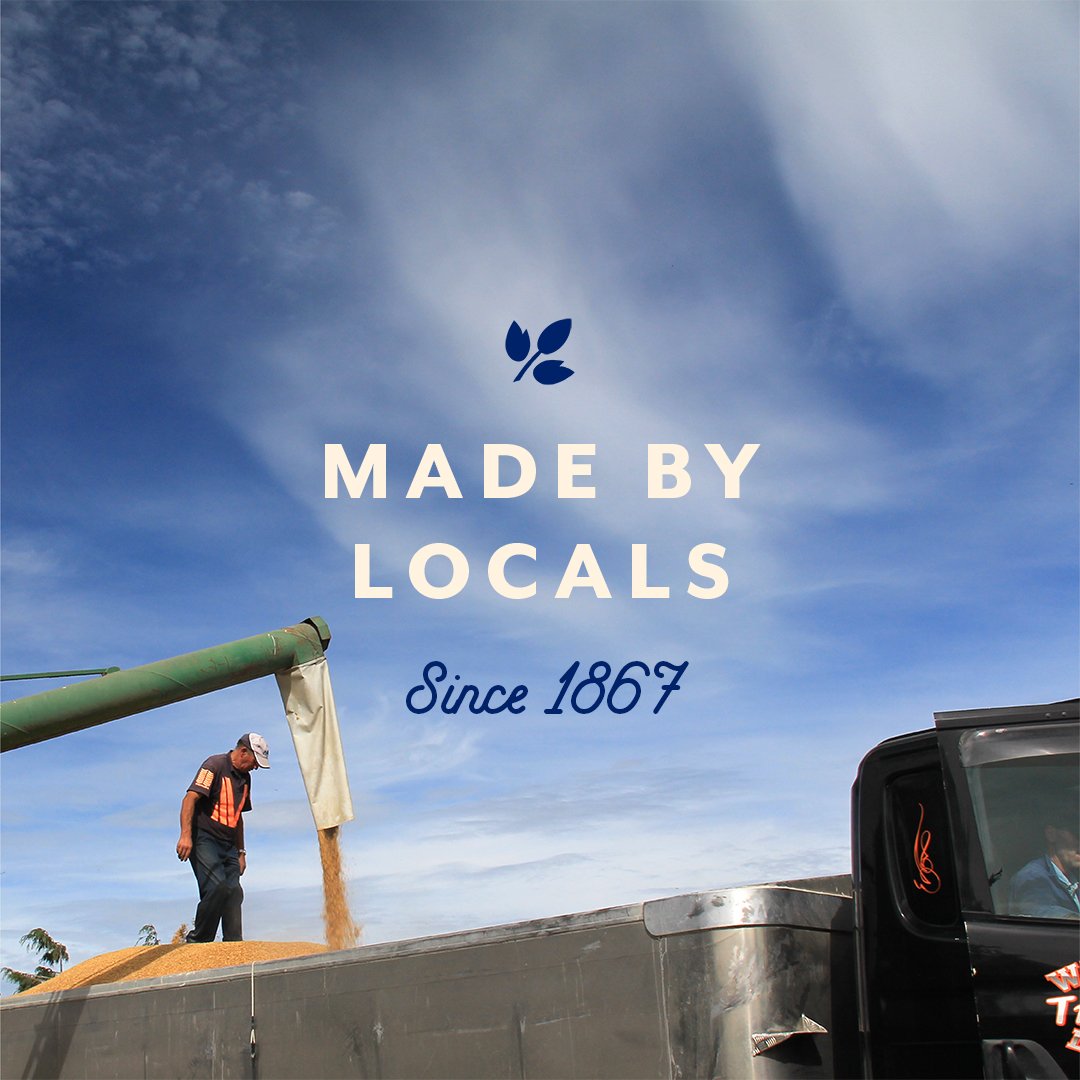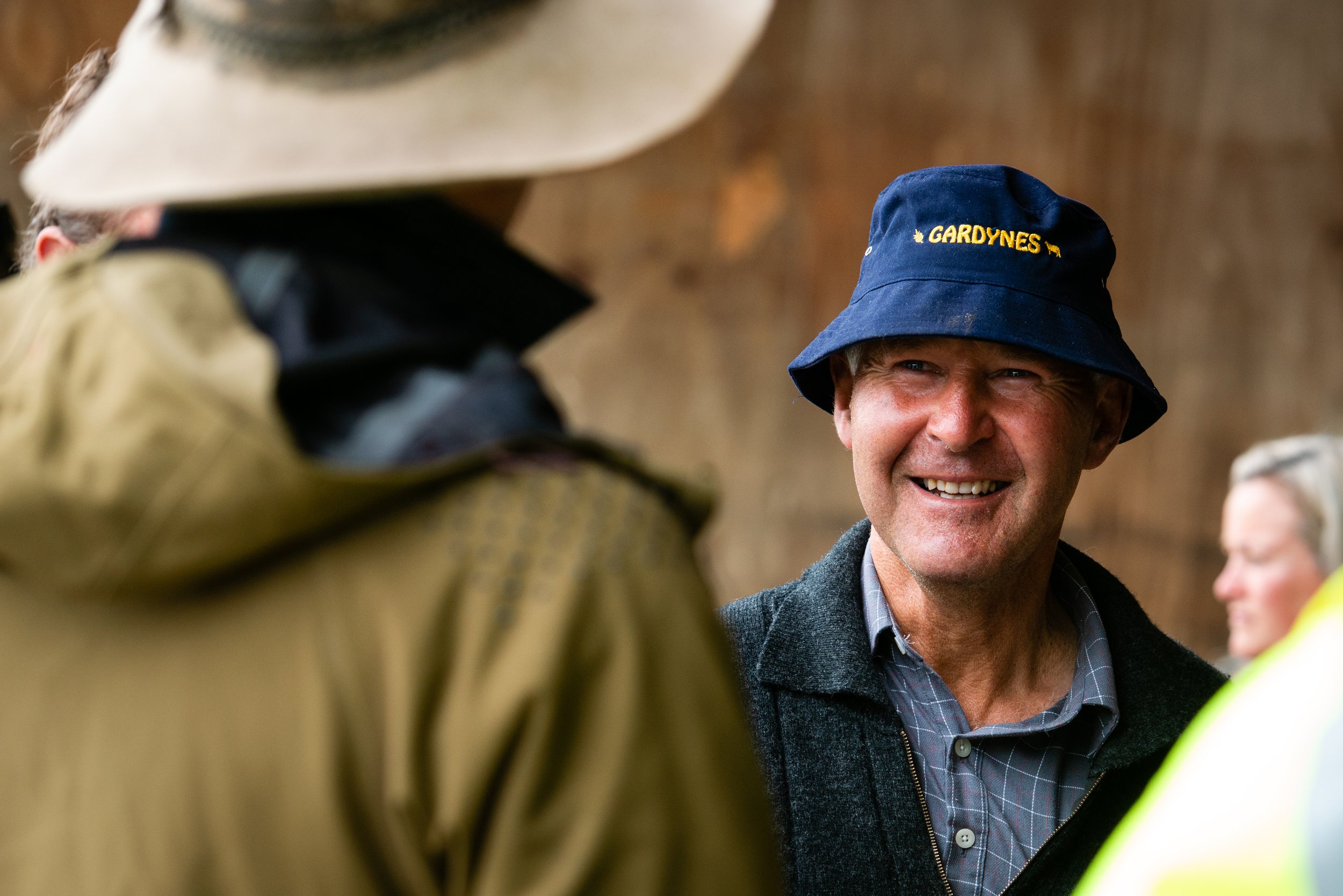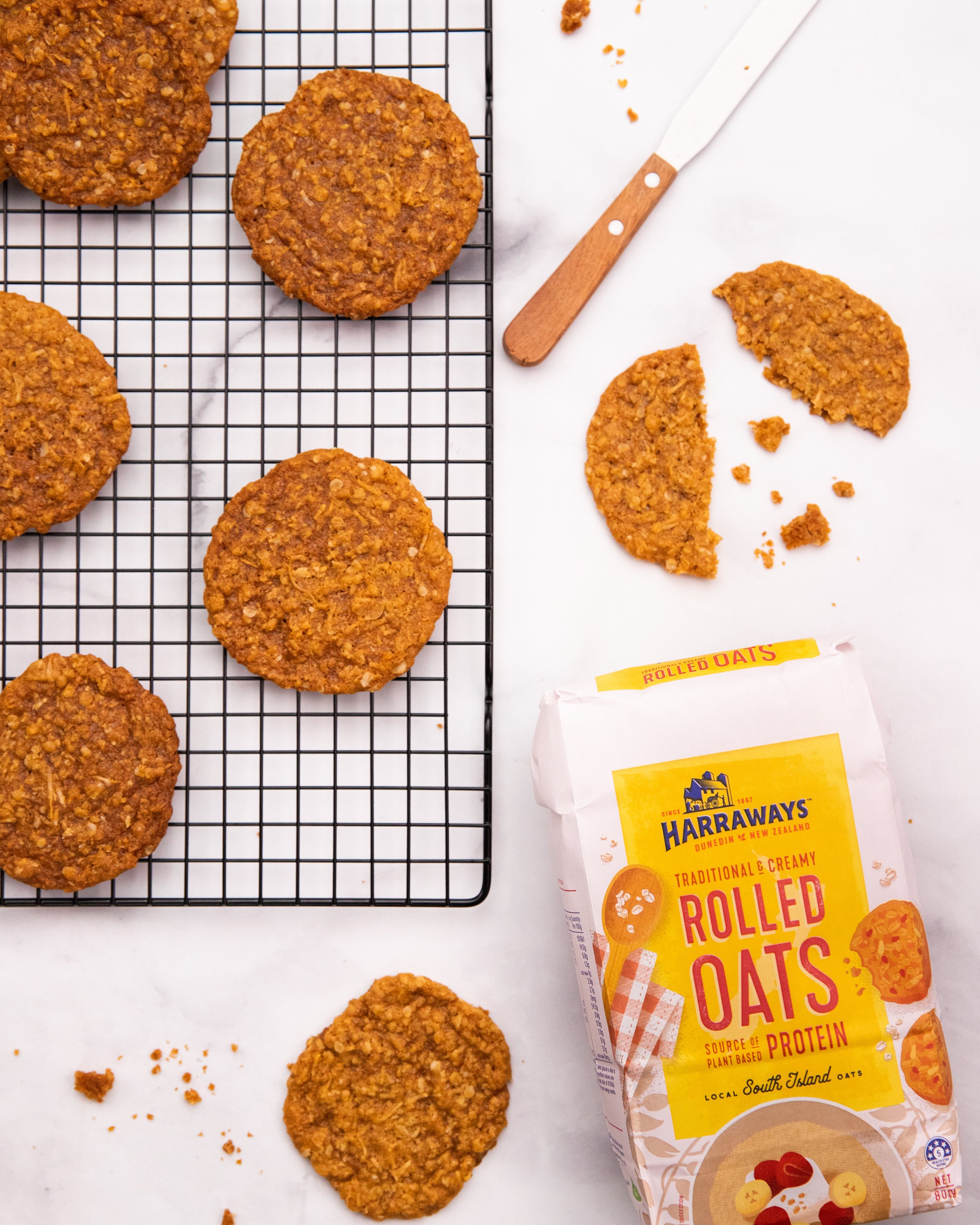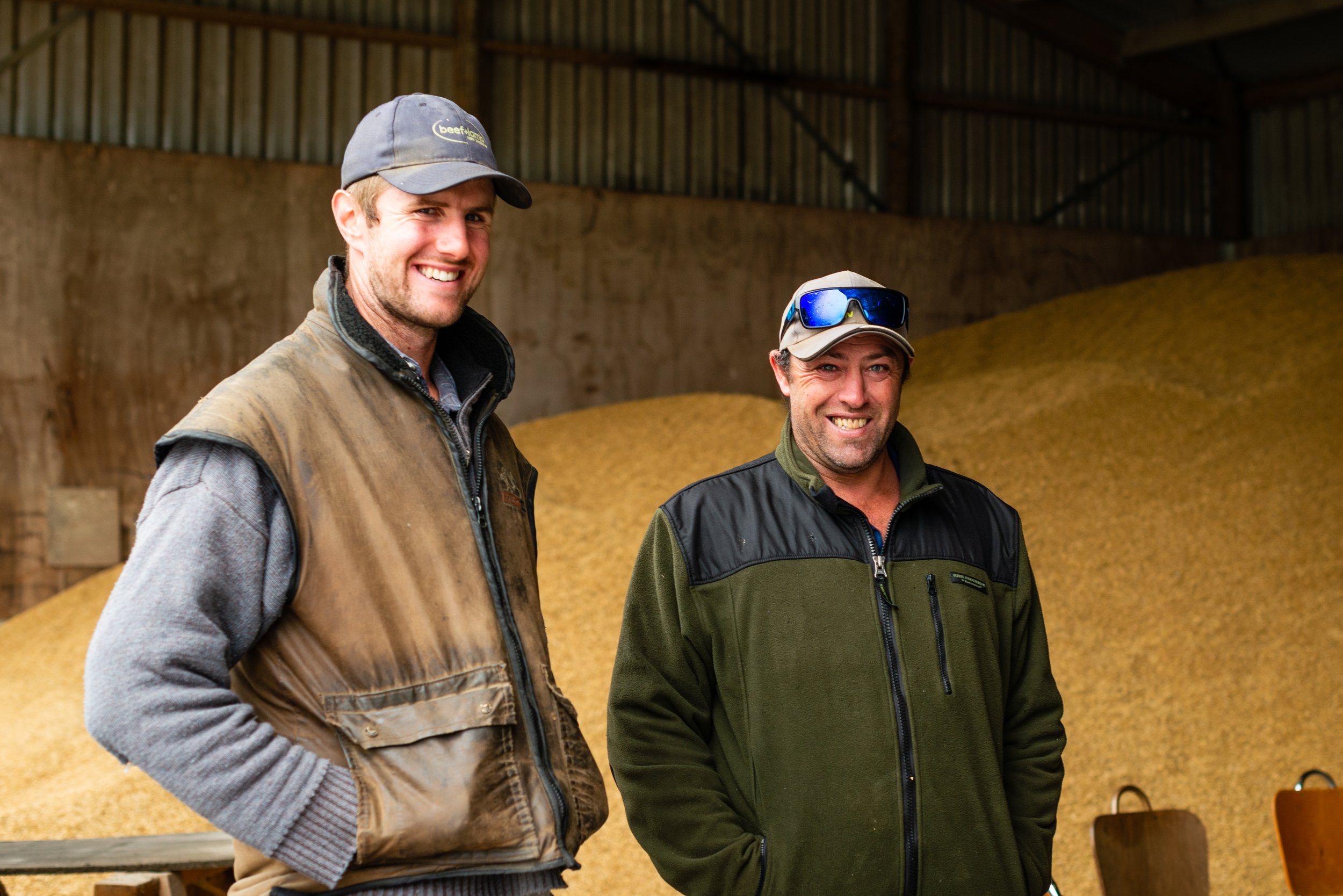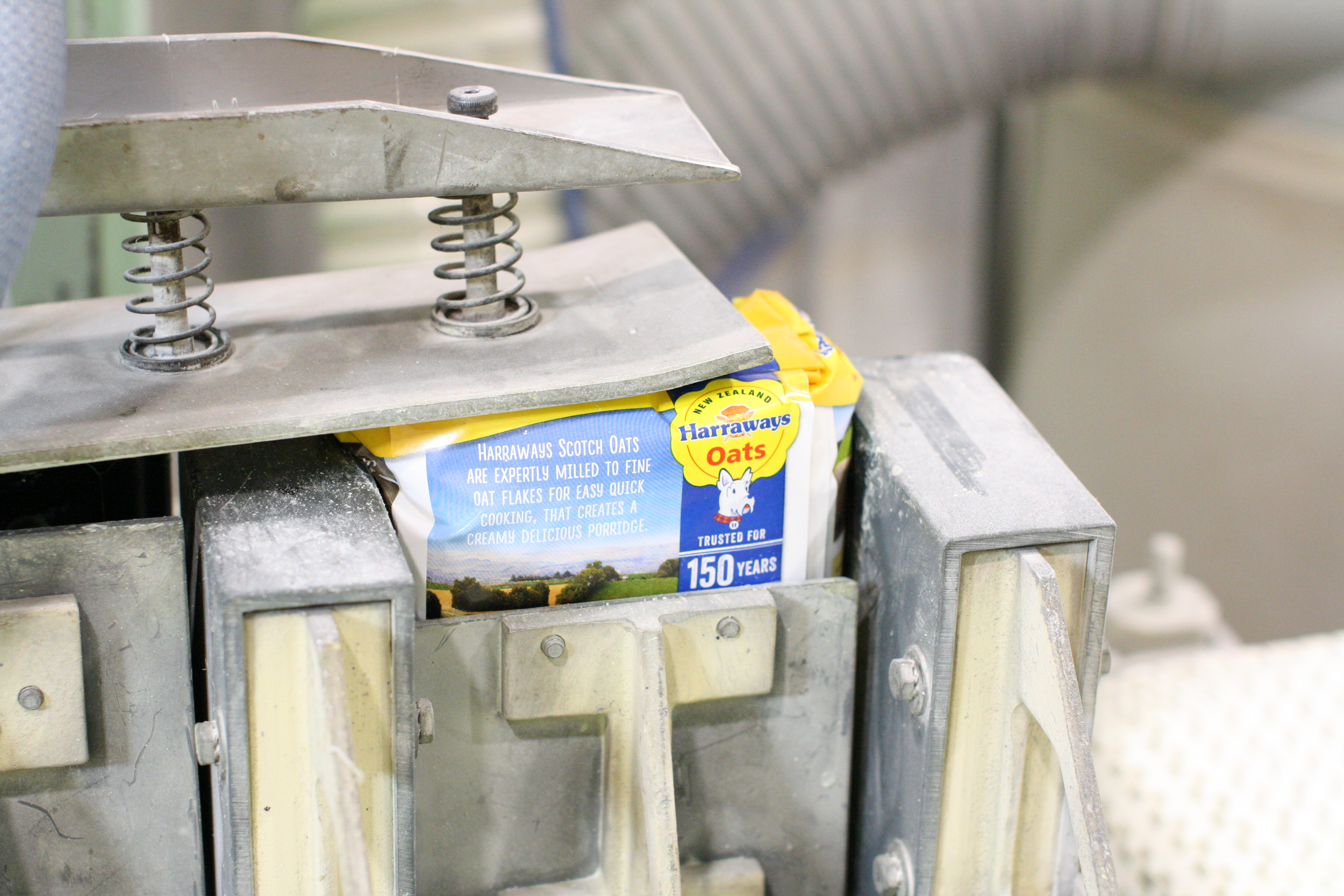Meet Our Makers: Q&A with Peter Cox, Harraways
OANZ Member Harraways has been sourcing oats from Otago and Southland and serving breakfast to Kiwis for over 150 years. We talked to Peter Cox, Head of Marketing & Product Innovation about Harraways’ range of organic oats and the future of NZ’s agricultural sector.
Harraways have been in the oat business for over 150 years. Can you share the story of the evolution of your product range?
Harraways proudly mills its’ entire rolled oats range from the original mill-site that Henry Harraway had a hand in pioneering in the late 1800s in Green Island, Dunedin.
Harraways - over this time - has become the market leader in bagged retail oats within New Zealand. It now commands a market-leading 45.8% dollar share of the $25.1 million traditional bagged oats business in New Zealand.
Harraways rolled oat products have become synonymous with a unique, ‘nutty flavour’ that comes with a fastidious, traditional, Scottish-style rolled oat milling process that has kilning at the core of its operation. This process is unlike its key imported competitor in the local retail trade. The company markets through retailers a broad range of value-added rolled oat products, including single-serve sachets and oats with added health fortifications. It also partners with other local manufacturers who utilise Harraways oats in their own food brands, and Harraways exports its range into South East Asian markets.
Approximately 80% of the oats milled are farmed on local South Island farms – generally situated within the Otago/Southland region.
These locally sourced oats are non-organically farmed, but the New Zealand grower contracts all include a clause that stipulates no treatment with chemical defoliants and/or glyphosate. This aspect is further supported by Harraways management undertaking frequent farm visits and participation at local oat field days to further educate growers on the subject.
Where do you source your organic oats, and what measures do you have in place to ensure the oats you buy are of the highest quality and organic standards?
Unfortunately – at this time, and for reasons based around insufficient local, NZ farm supply sources relative to ongoing demand - the organic oats that the Harraways mill utilises for its’ organically branded ranges (20%) are presently sourced from either South Australian and/or Canadian farms.
To ensure these oats are of the highest quality and organic standards – Harraways ensures all organic oats imported are Bio Gro certified. This means each farm Harraways sources the organic oats from are certified as oats where NO synthetic fertilisers, herbicides or pesticides are used in the growth, transportation or storage of the oats. Harraways receives certification trails for all the organic oats it processes.
How important is the New Zealand story for Harraways?
The Harraways local mill story is extremely important as part of its unique brand story.
The brand logo - crafted in 2018 as part of its 2019 rebranding project - depicts the original Dunedin ‘Harraways’ mill alongside an original ‘Harraways’ script style. This script was depicted on the original grain sacks of Harraways oats from early on in its trading history.
What are some of the biggest challenges you face within the current food supply chain? And how are you working to overcome these?
Clearly, not being able to source organic oats - locally - is a challenge based on insufficient local farm supply. As mentioned, the company has had to overcome this problem by utilising an importing and certification trading model.
Business costs and inflation continue to challenge, and the main mitigation approach is to work hard with suppliers to eliminate unnecessary costs and look at ways every day to make our production approach as efficient as it can be.
Climate change continues to challenge farming, and this aspect obviously is a big consideration point that relates to oat crop output. For example, as the summers become hotter, the oat plants can become brittle. This affects oat output. For our non-organically farmed, local farmers – the company is working with local science partners to identify new oat cultivars that can assist the adaptation of plants to changing conditions.
One recent ad says Harraway oats are better for Kiwis and the environment. Can you share how Harraways are adapting for our changing climate and its plans to reduce emissions from farm to table?
Again for locally farmed ranges (80% of what it mills under the Harraways brand), the company is achieving better environmental outcomes via:
Less food miles from farm to plate – reduced emissions on 80% of what we mill
Over 50% of the range is now in kerbside recyclable packaging. This promotes recycling and re-using precious raw materials
The local kiln furnace in Green Island utilises oat husk and dust (milling by-products) for power each day – more sustainable energy approaches
The company invests significant money into local emission control measures
What do you think the future holds for NZ’s agricultural sector? And for grains in particular?
Both plant-based farming and wholegrains offer a bright future for New Zealand agriculture – as a large % of consumers embrace a move to a more flexitarian diet. This sees less meat and dairy being consumed as a % of the overall diet. This change is being driven by many folks who seek diet change for both health and sustainability reasons.


